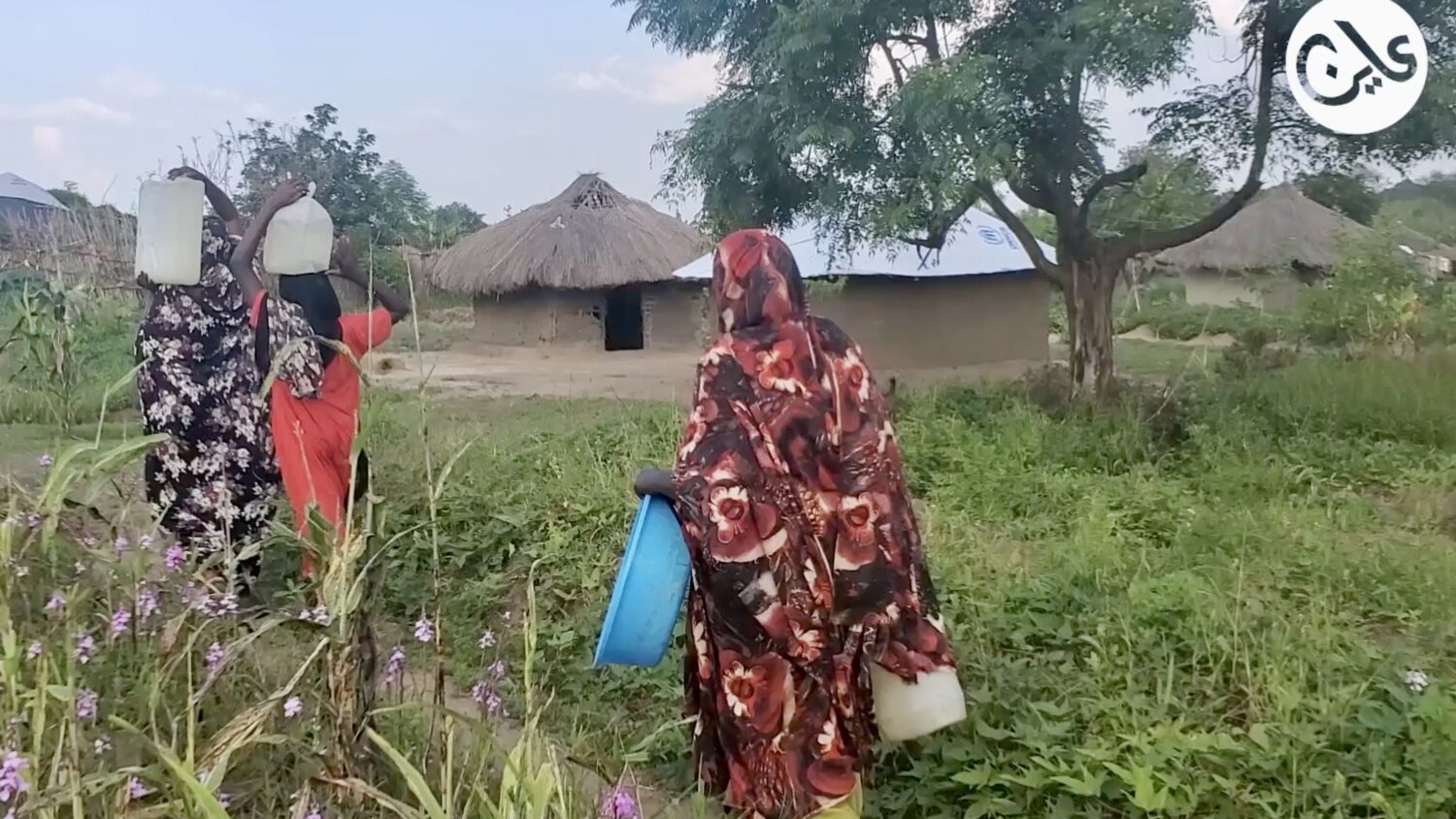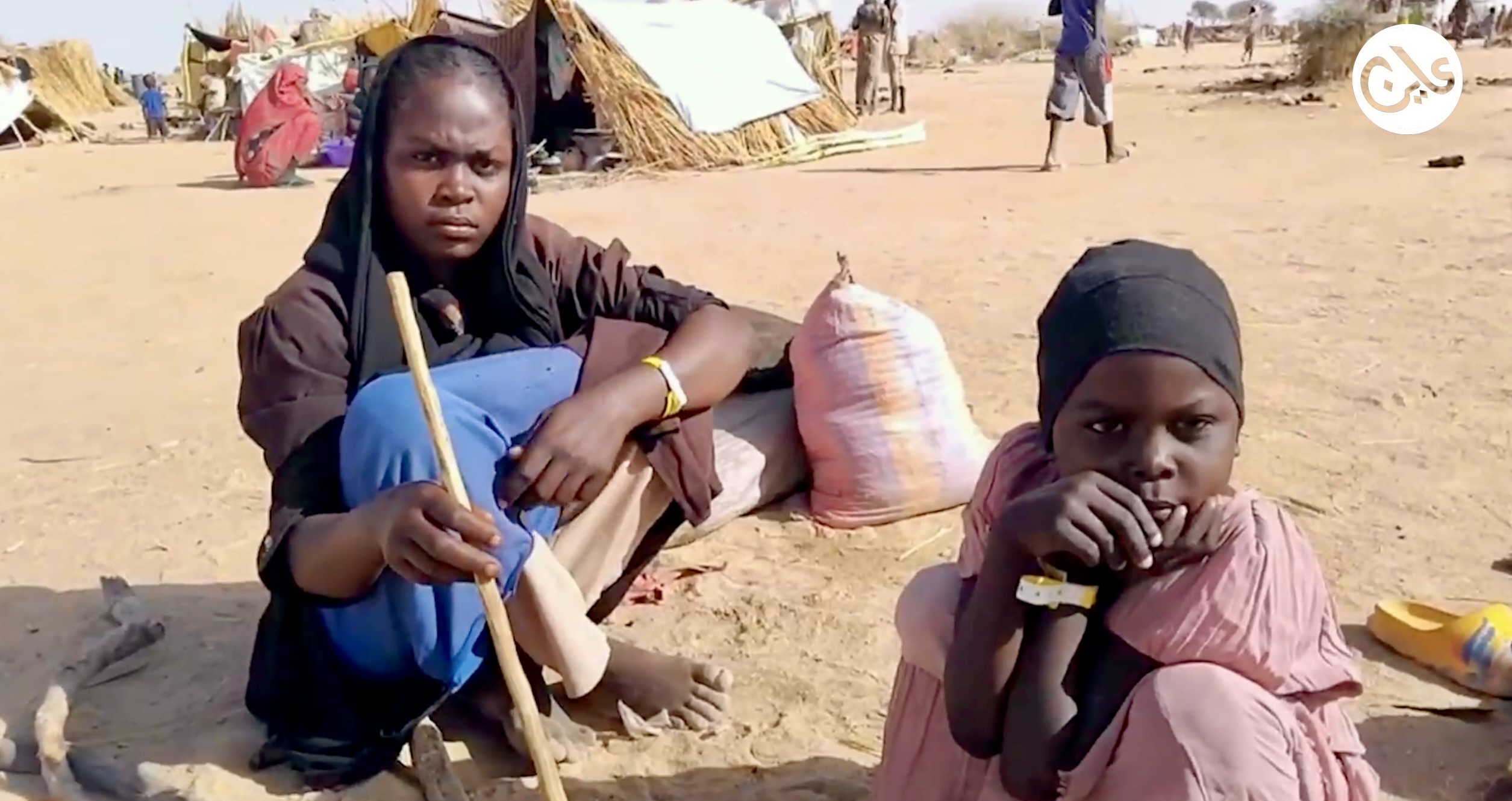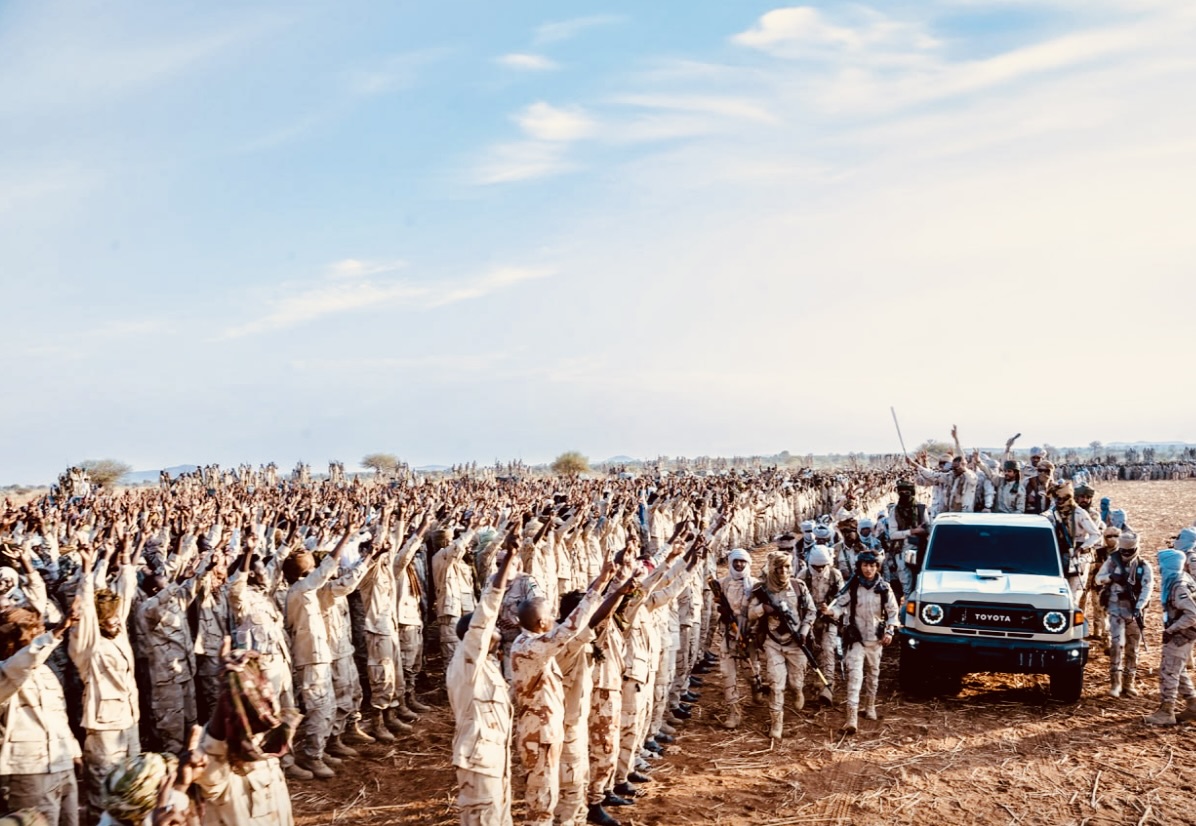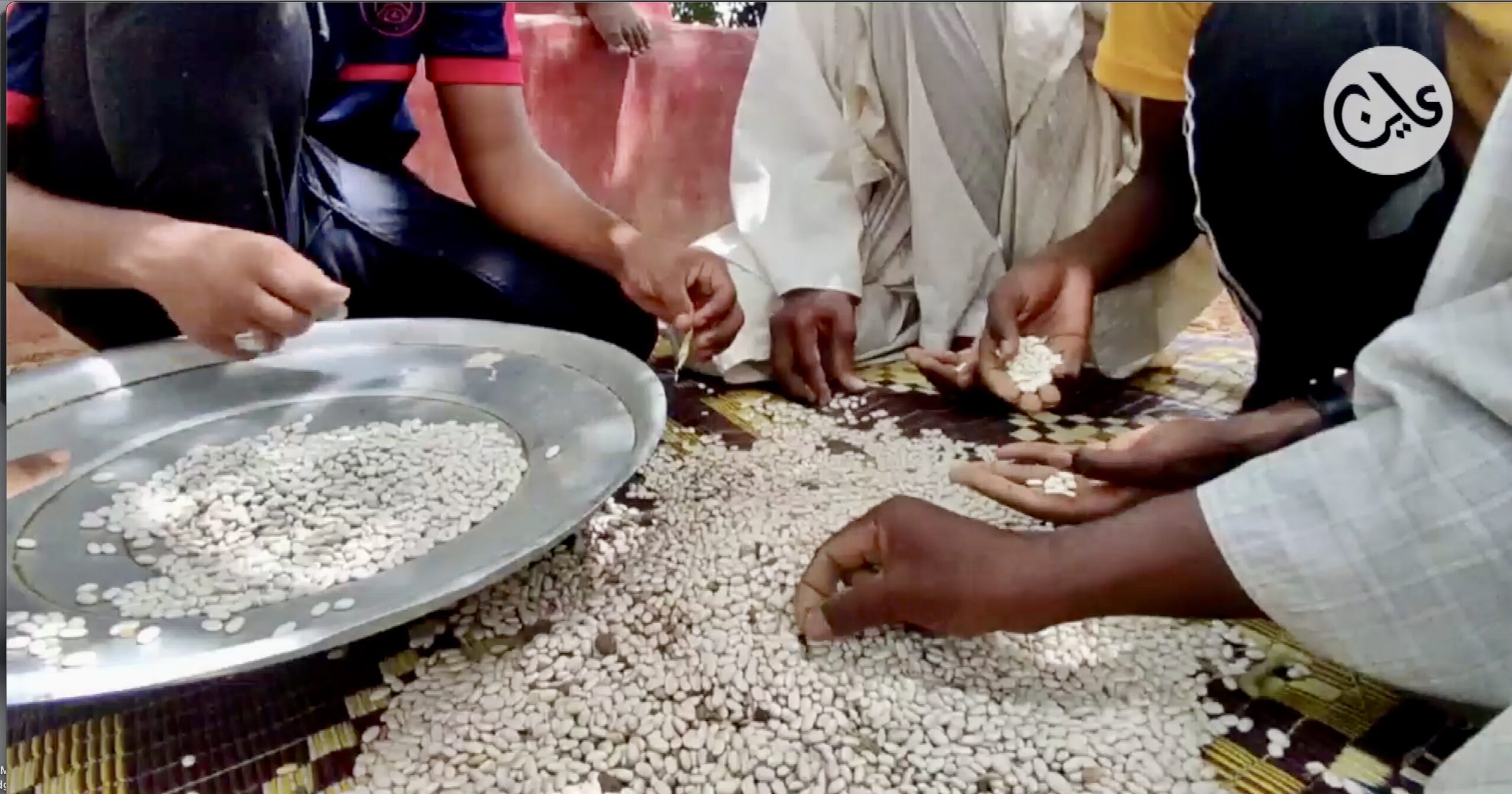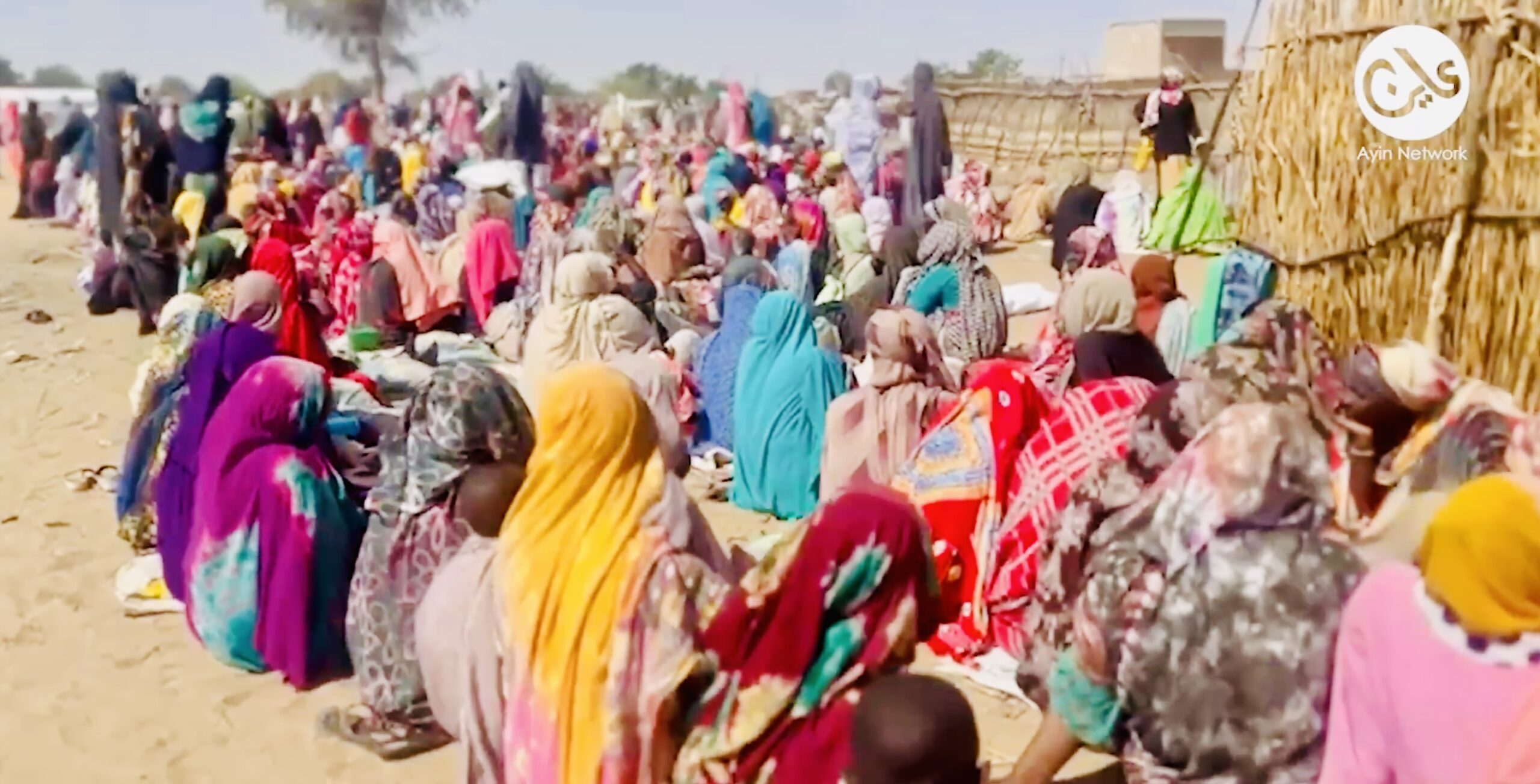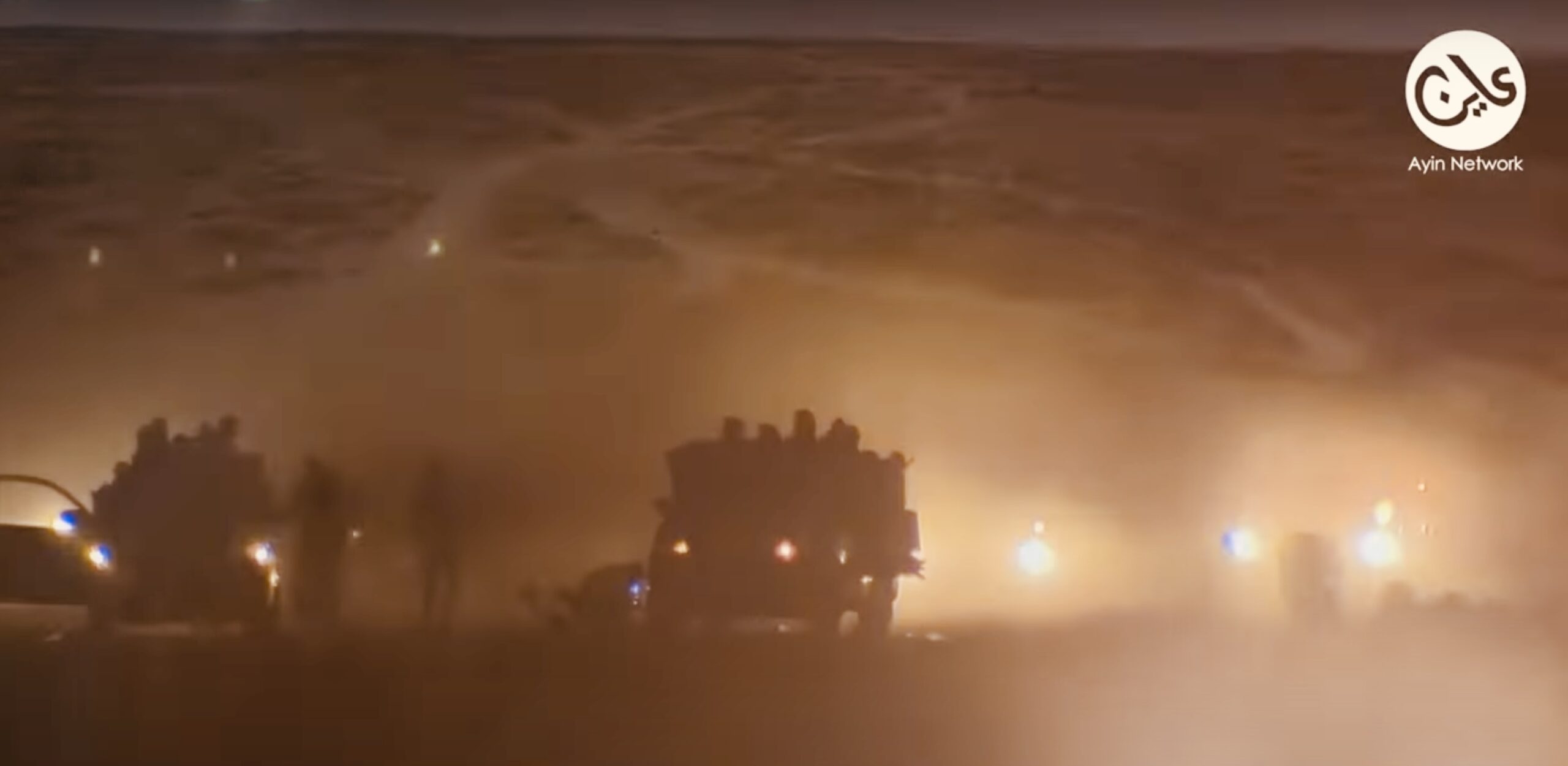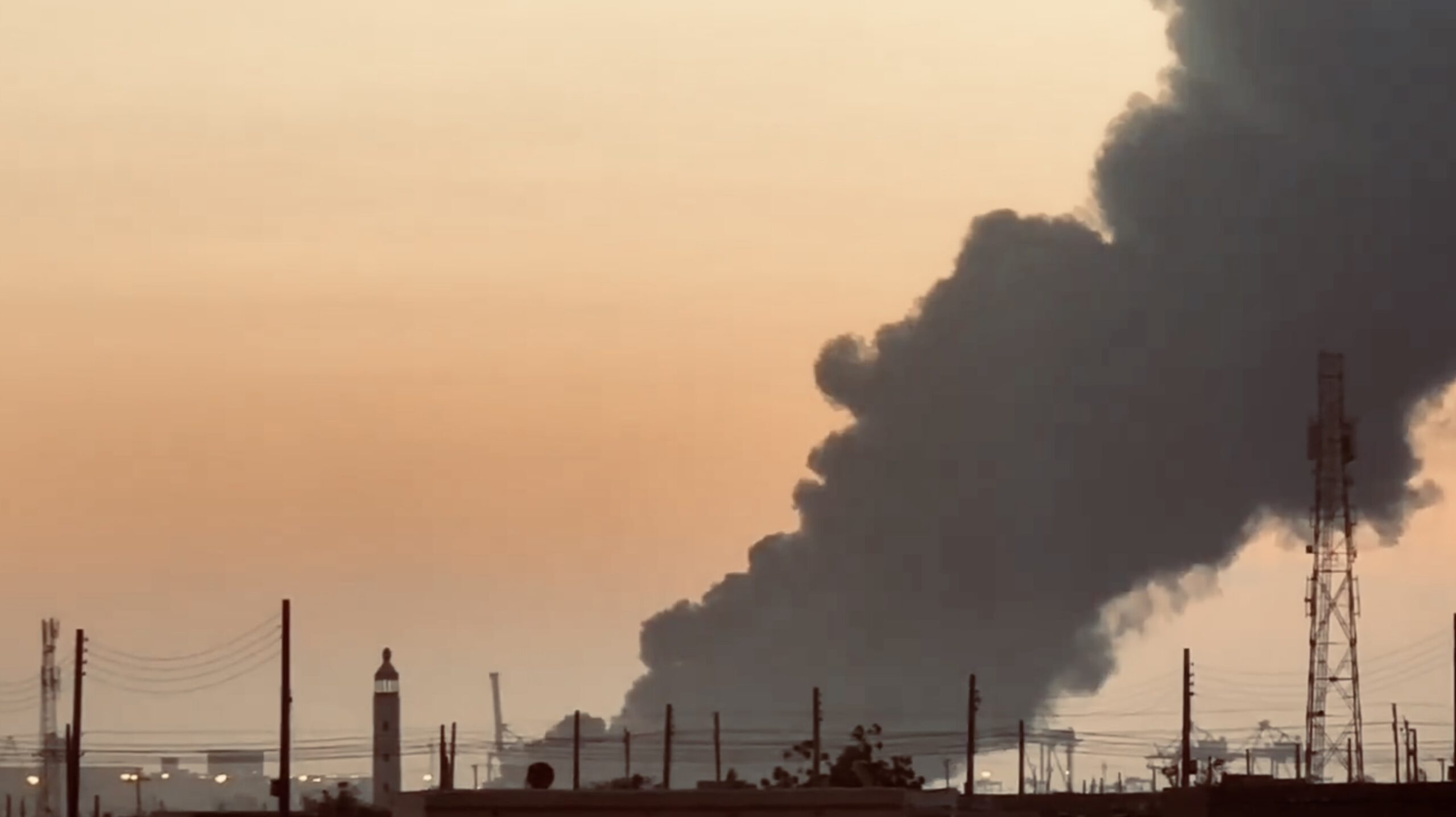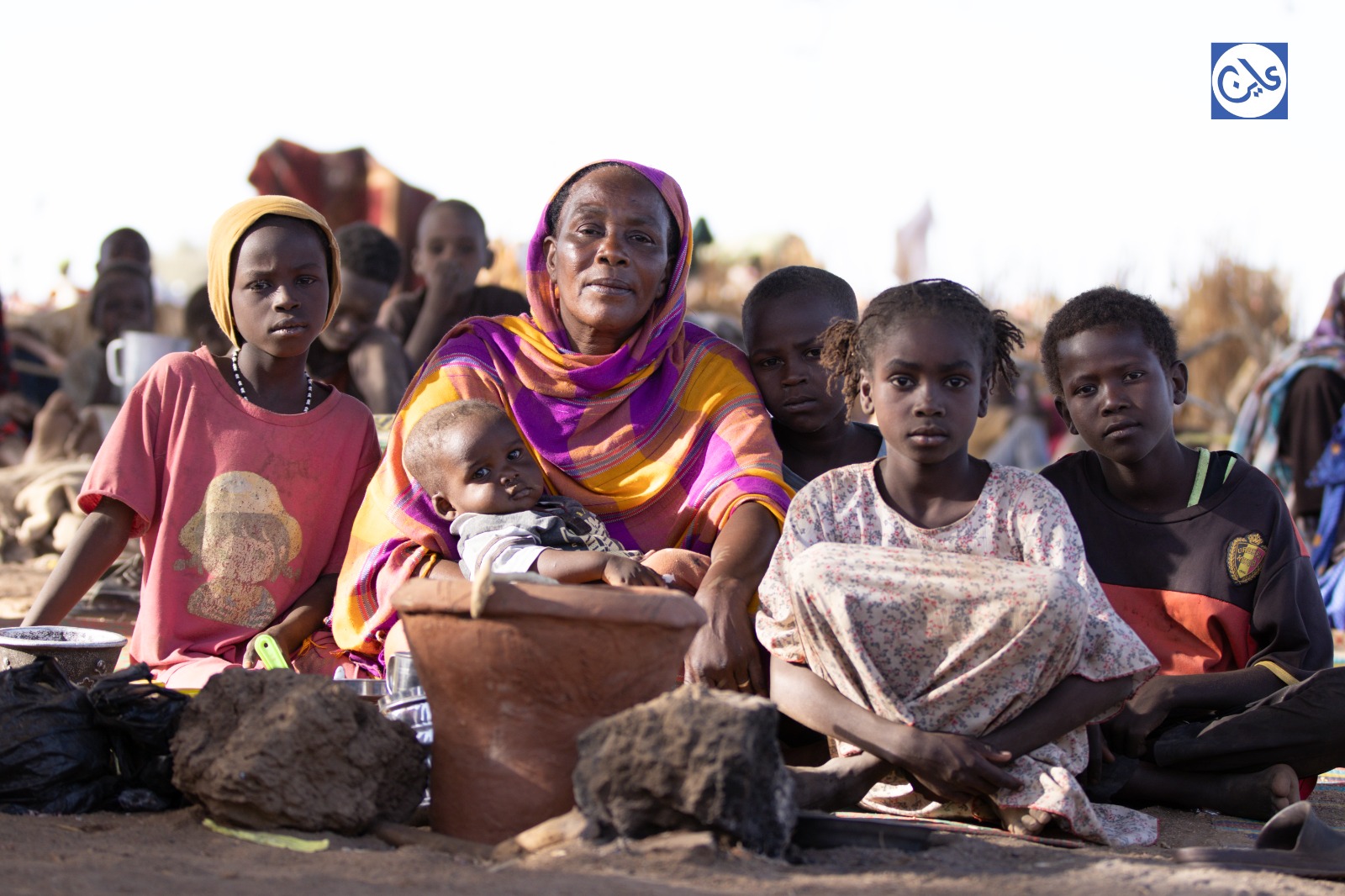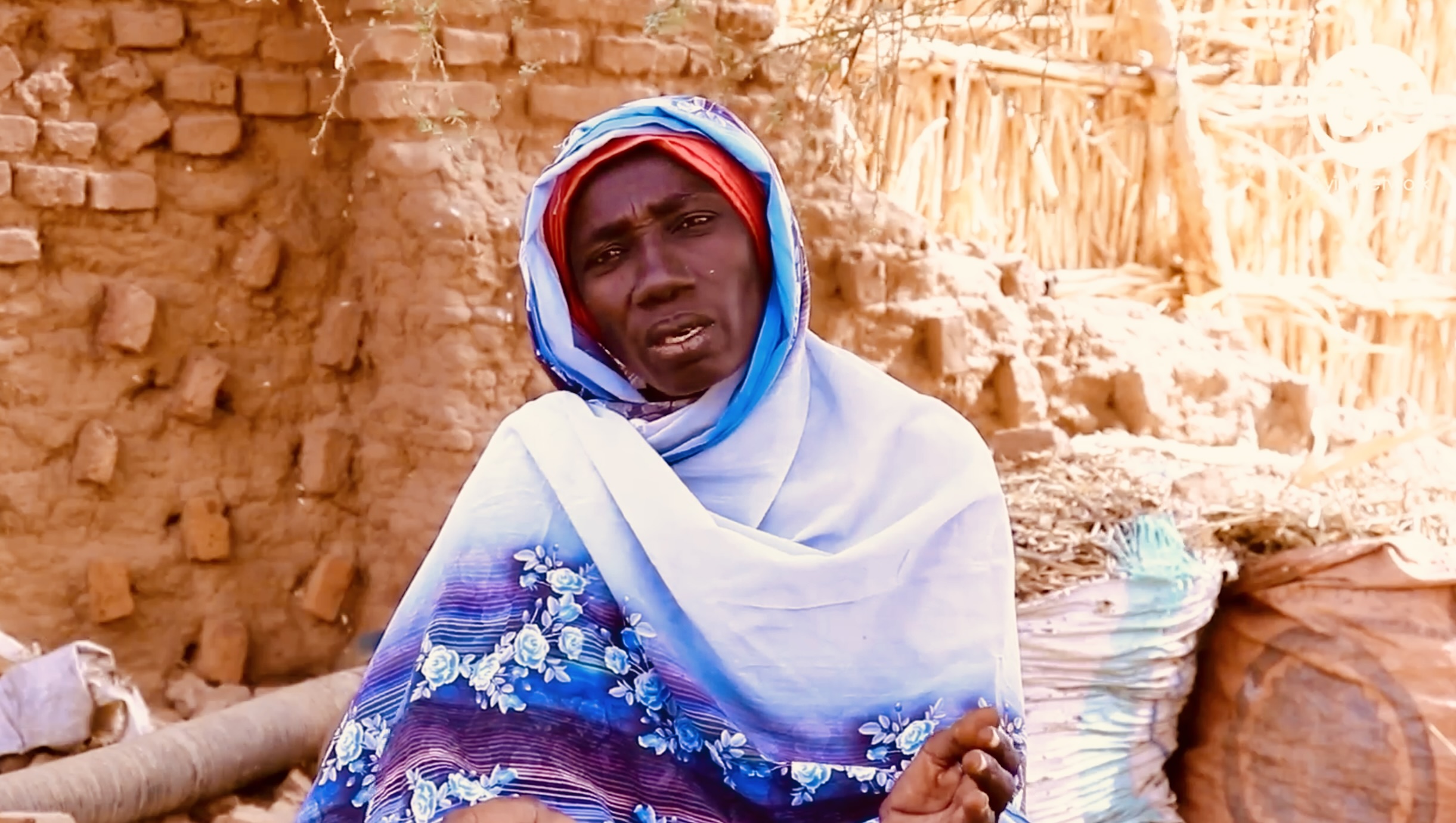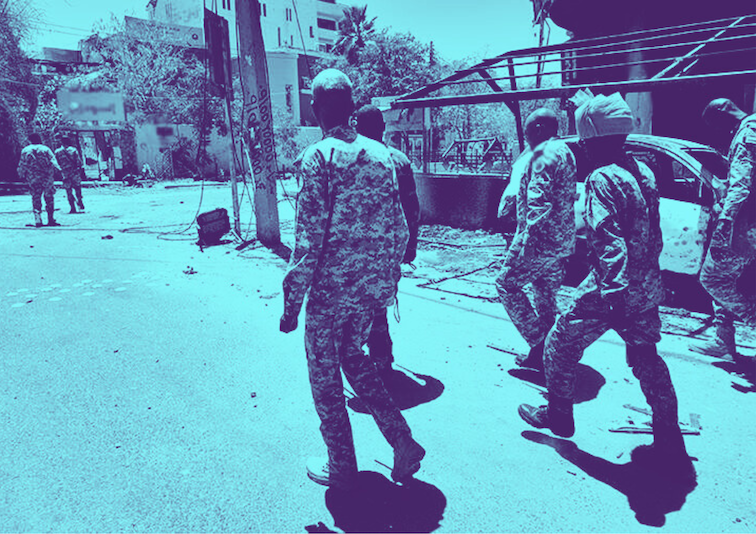Uganda suspends registration of Sudanese in the capital
25 January 2024
Aziza Al-Said Mustafa, a 42-year-old Sudanese woman, rented a house for the equivalent of $140, in the Ugandan capital, Kampala, where she took refuge with her three children from the war in Sudan. She used her house as a place to make and sell Sudanese food, in an attempt to provide an income to sustain her family as it is very hard to find job opportunities in the city.
Days after her arrival, she began the asylum application process at the police office in the Mingo district in central Kampala, and after a long struggle, she received a registration card. She then went on to complete the process of the background check to obtain the asylum seeker card –only to be surprised that, as of 11 January, the registration of Sudanese refugees has stopped indefinitely in the capital.
This is the second time within a week that the Ugandan government has stopped the registration of Sudanese asylum seekers in Kampala. On 7 January, Ugandan authorities issued a similar decision, and 24 hours later, it announced an exception that lasted two days, before suspending it open-endedly.
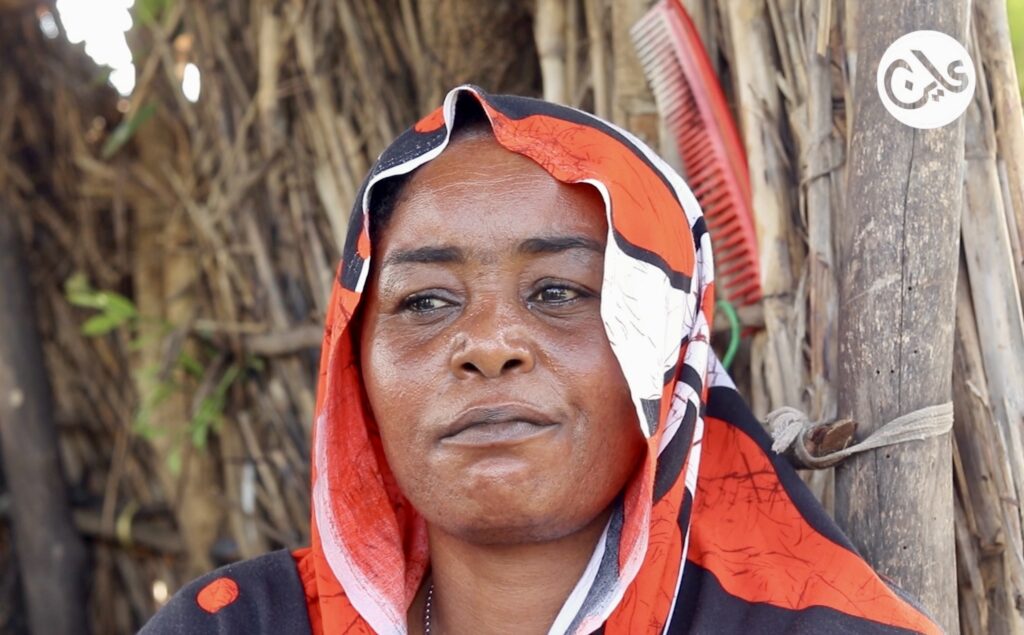
The Ugandan authorities advised new arrivals fleeing the war to go to Kiryandongo refugee camp, which is 224 kilometers away from Kampala, as the registration process is currently available only in the camp.
According to the camp regulations, registration for an asylum card requires settling in the camp, where the asylum seeker is given local materials to build a house and the Kiryandongo authorities also provide some monthly food supplies and cooking utensils.
“We took a taxi to Old Kampala, the headquarters of the UNHCR, with my family, in an attempt to save time and finish the process, only to be surprised by the decision. We do not know what our fate will be after obtaining a refugee card to go to the camp,” Aziza told Ayin.
She continued; “I heard that the camp is unprepared, and there is no healthcare or education. If I go there, I will lose my usual customers, but at the same time I want to legalize our status and obtain the right of protection for me and my family.”
Huda Eisa, another Sudanese woman facing the same issue, had a scheduled appointment at the UNHCR to complete the registration process on the same day of the decision. She arrived early and was able to hand over her papers to the responsible employee, however, hours later, he returned them and told her that the registration of Sudanese had stopped.
A little over a week ago, confrontations took place between some Sudanese people and members of the Ugandan police at the registration center in Mengo, local residents told Ayin.
According to the common practice in Uganda, Huda had paid a financial advance to rent a house for four months, of which only two months have passed, and she does not know whether the landlord will return the rest of the amount to her if she decides to go stay in the camp.
She also considers that moving to the camp would entail other consequences, related to the changes in lifestyle, and not finding good educational opportunities for her children.
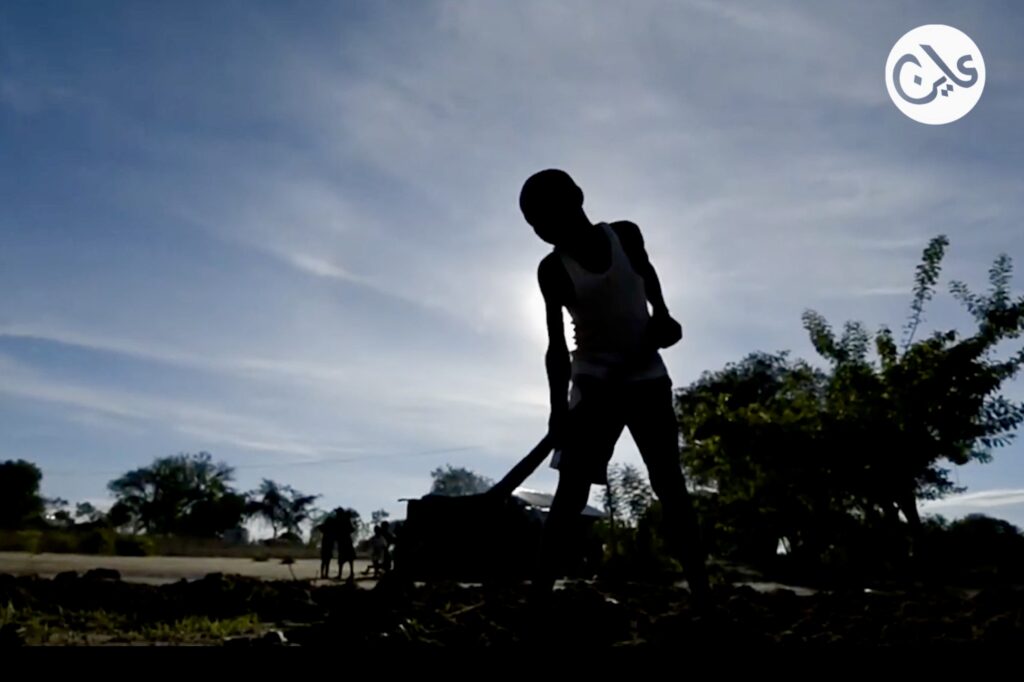
“The clashes that took place with the police provoked the UNHCR, and the Sudanese were accused of not adhering to the regulations and laws. The UNHCR is currently working on processing the registration of other nationalities, including Ethiopians, Eritreans, Somalis, and others, except the Sudanese,” a Sudanese employee at the police registration office told Ayin.
A senior official in the Office of the High Commissioner in Uganda, who preferred to withhold his identity, attributed the new restrictions on registering Sudanese to security reasons, and to reduce pressure on local services as a result of the daily influx of Sudanese. As of December 2023, the UN Refugee Agency estimated over 15,000 Sudanese refugees had entered the country.
He did not rule out that the matter was related to the incident of the confrontation with the Ugandan police, or the alleged involvement of some UNHCR employees in receiving financial bribes from Sudanese, to expedite the process of obtaining an asylum card.
The official expected that the decision insisting all refugees enter camps will not last long since many are not prepared to meet the needs of the arrivals.




